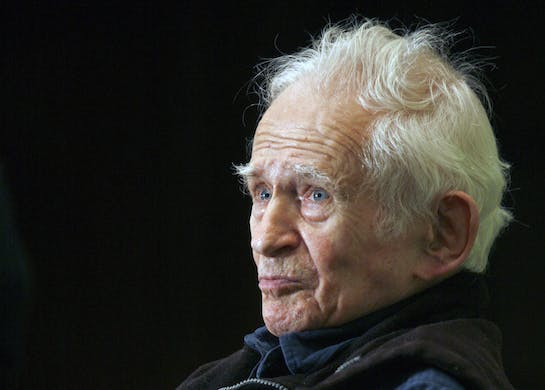
Can Trump ‘Nationalize’ Elections?
By THE NEW YORK SUN
|Lennon knew Mailer for decades, interviewed him relentlessly, appeared in Mailer productions, edited and archived him, wrote his biography, and is probably as close to a modern Eckermann as we can get.


By THE NEW YORK SUN
|
By JOSEPH CURL
|
By LAWRENCE KUDLOW
|
By BRADLEY CORTRIGHT
|
By MATTHEW RICE
|
By LUKE FUNK
|
By BENNY AVNI
|
By JOSEPH CURL
|Already have a subscription? Sign in to continue reading
$0.01/day for 60 days
Cancel anytime
By continuing you agree to our Privacy Policy and Terms of Service.